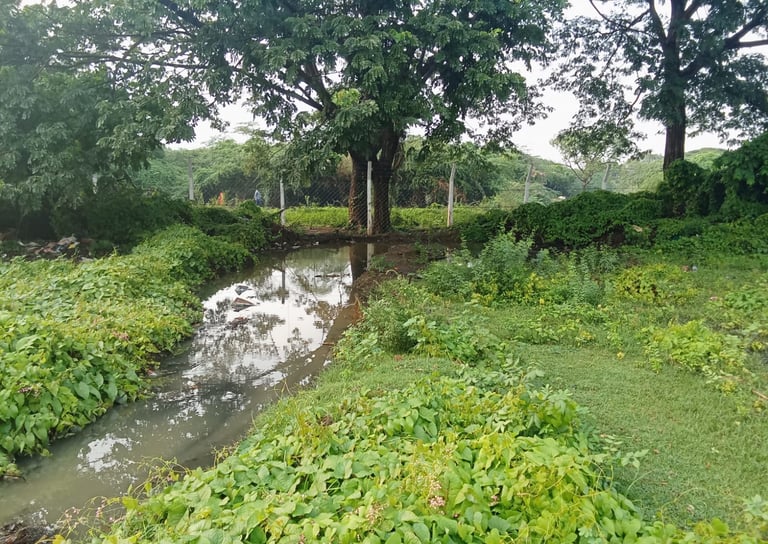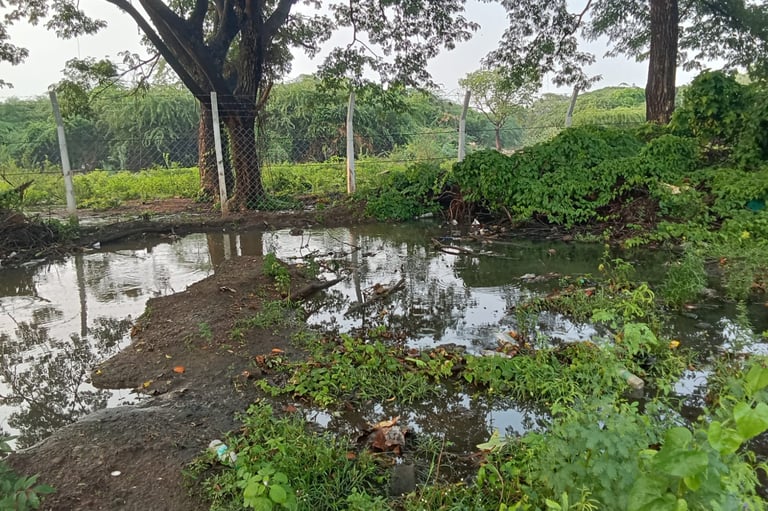Mirror, Mirror
Crap it or scrap it, that’s it and that’s all.
10/10/20254 min read
Every year the authorities come up with a census regarding the “cleanest” city in this great nation of ours. For the past 8 years, if I am not wrong, Indore, the largest city of Madhya Pradesh, has taken the honours. On the other side of the spectrum, Madurai, in Tamil Nadu has been found to be the dirtiest city in India. Singara Chennai is third from the bottom of the list, even though her roads, her modes of public transportation, and her health-care services are among the best that are available, nation-wide.
Why is it so? Why does it have to be so? The answers to these questions are not difficult to find, but what is lacking in our civic sense and national pride is our refusal to introspect. We talk a great deal about Mother India, but we treat Her most shabbily. That, perhaps, is our greatest failing as a people: the will to change, the willpower to accept responsibility, and the determination to work for the common good. Talking does not show resolve, but come election time, that is all that we hear at the hustings.
Forgive me for saying it out loud, but the truth is that India is a land of gutters. On every road, at every intersection, everywhere, we are reminded of this sad fact. We have labelled these gutters differently nowadays, for we have storm-water drains, open-air drains, the works. When the rains come, whole roads and streets and alleys and gulleys carry away [where?] rivers of indescribable filth, and this continues year after year after year. As a result, we have become so immune to the nauseating grime that pervades our lives and our living-spaces, that we can only compare our sorry lot to the far sorrier state of our neighbours. We are in the pit, we become the pit and, ultimately, the pit defines us, all of us.
It is not as if other places around the world have no gutters; it’s just that they conceal them very much better. So much so, there are even songs about walking merrily in the rain. Can you imagine that happening in India? Here, the car-wala or the bus-driver takes pride in drenching you in the “galees-paani” on the roads. But that is life in India.
Have you, dear Reader, come across a neighbourhood, a village, a township, in this great land of ours, that smells of cleanliness? There are thousands of such places, but they are hard to find. Don’t get carried away by tourist brochures and misleading ads, by all kinds of organizations. If you do come across such a place, be sure that it will soon be desecrated by fun-seekers, offensive tourists, and offence-giving yuppies, who don’t give a damn.
I must admit that I haven’t seen most of what my country has to offer, Yet, there are places of pristine beauty; places that you hope, one day, will be your neighbourhood. Long, long ago, when I was much younger, I had the opportunity to visit a cadet at the National Defence Academy near Pune. It was indeed a sight to behold. Broad roads, impressive dormitories, everything spic and span. Even then I thought how wonderful it would be if large tracts of the country could be developed on similar lines. Wishful thinking, no doubt, because as soon as I left, I became aware of the harsh reality.
OK, you may say, the NDA needs to be a symbol of ordered, orderly, living. But, many years later, I had the good fortune to visit a village on the outskirts of the hill-station called Kotagiri, in Tamil Nadu. The people of the village were immersed in festive fervour, as each home was visited and all the traditions and customs performed meticulously. It turned out to be an evening of revelry, too, but there was no misbehaviour on the part of anyone involved. It was a community effort, and the joy and exuberance of all the participants was truly a pleasure to be a part of. If only we could all take lessons on “simple living and high drinking” [forgive me, dear Thoreau], the world will be a better place.
I, too, lived in such a La-La land. It used to be called Veteran Lines—it still is—but the “La-La” part has vanished. Right up to the 1980s the Lines were a haven of peace. 70 or 80 bungalows, with outhouses big enough for any small-sized family, and quaint cottages, were matched by the vast expanses of open land. There were no roads, as such, but row upon row of houses, green to the very door, were picture-perfect to my eyes, then. Now that we have finally been fenced in, even our waste—solid, liquid, and atmospheric—remains with us. We are now reduced to a state where living in a junk-yard is almost the equivalent of our self-generated squalor. Your response should be: “May God have mercy on us all.”




Veteran Lines used to be called “Little England”. Today we can boast of our very own Blackpool, a dark, grimy, slimy cesspool just out of sight, but so horrific that even the buffaloes give the pond a go-by. And the humans? They pucker their noses, scented kerchief at the ready, and then they go their happy-go-lucky way.
That’s why I’ve altered the old poem to suit the new circumstances. It goes:
Garbage, garbage, everywhere,
Not a place left to stink!
It’s in your face, it’s in your hair,
E’en in your mind, I think.
Cheers, people.
